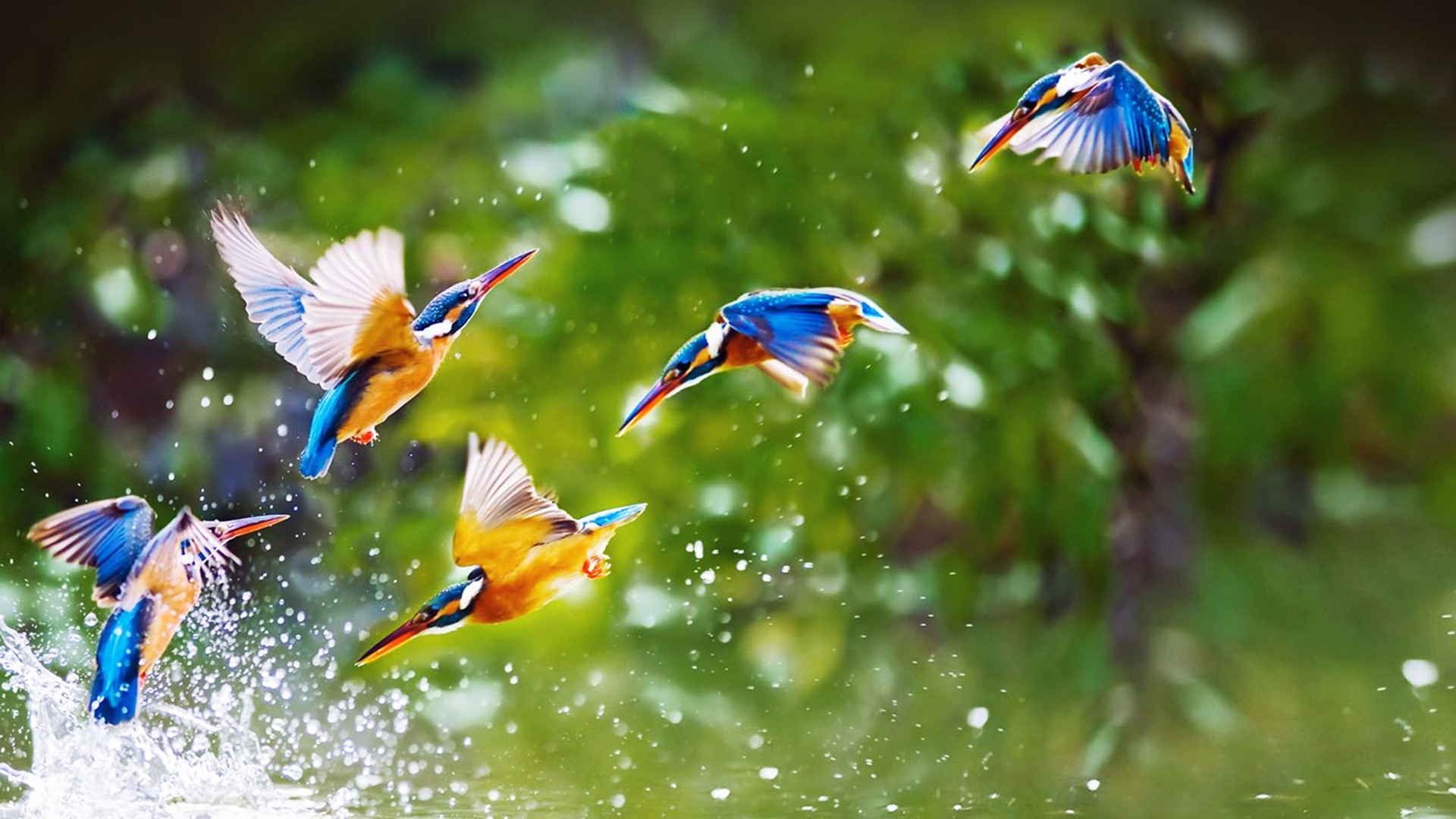Diversity, Creativity and Evolution
Diversity, Creativity and Evolution
Last century (and a lot of philosophical, scientific and political speculation) was based on the conviction that the attainment of a greater social, economic and productive efficiency would come entirely from the unification, uniformity and homologation of everything.
Nature (see Bioethics) bases its stability on this very principle, so much so that biodiversity has become one of the fundamental principles on which to build a sustainable future. The sustainability of our future is not based, therefore, on technological aspects or merely on energy; it is an error which many scientists and politicians make. It is based on the necessity to understand, and therefore to promote, the diversity of every form and substance present on our planet. When in name of politics or of the market we promote uniformity and homogeneity we build systems which are not very stable and for this reason destined to collapse ruinously. Wars are the anthropic models of these systems and true peace for humanity can only originate in the presence of diversity. To promote this means to promote peace. The marches and the demonstrations to obtain it are beautiful and choreographic but they are of little use if we do not promote a culture of diversity
In 2001, UNESCO itself widened the concept of sustainable development pointing out that “cultural diversity is as necessary for humankind as biodiversity is for nature (…)it is one of the roots of development, understood not simply in terms of economic growth, but also as a means to achieve a more satisfactory intellectual, emotional, moral and spiritual existence.”
It is the recognition and the development of local culture, of local language, of local traditions. It is the method through which to promote the potentialities and the figure of human beings and the environment in which they are to operate in. (Art. 1 and 3, Universal Declaration on the Cultural Diversity, UNESCO, 2001). In this vision, cultural diversity becomes the fourth pillar of sustainable development close to the traditional equilibrium of the three Es. Unfortunately the holders of power do not often love diversity because they cannot come to compromises with it; diversity is the effect of Life and who hinders it, hinders Life itself.
Guido Bissanti

